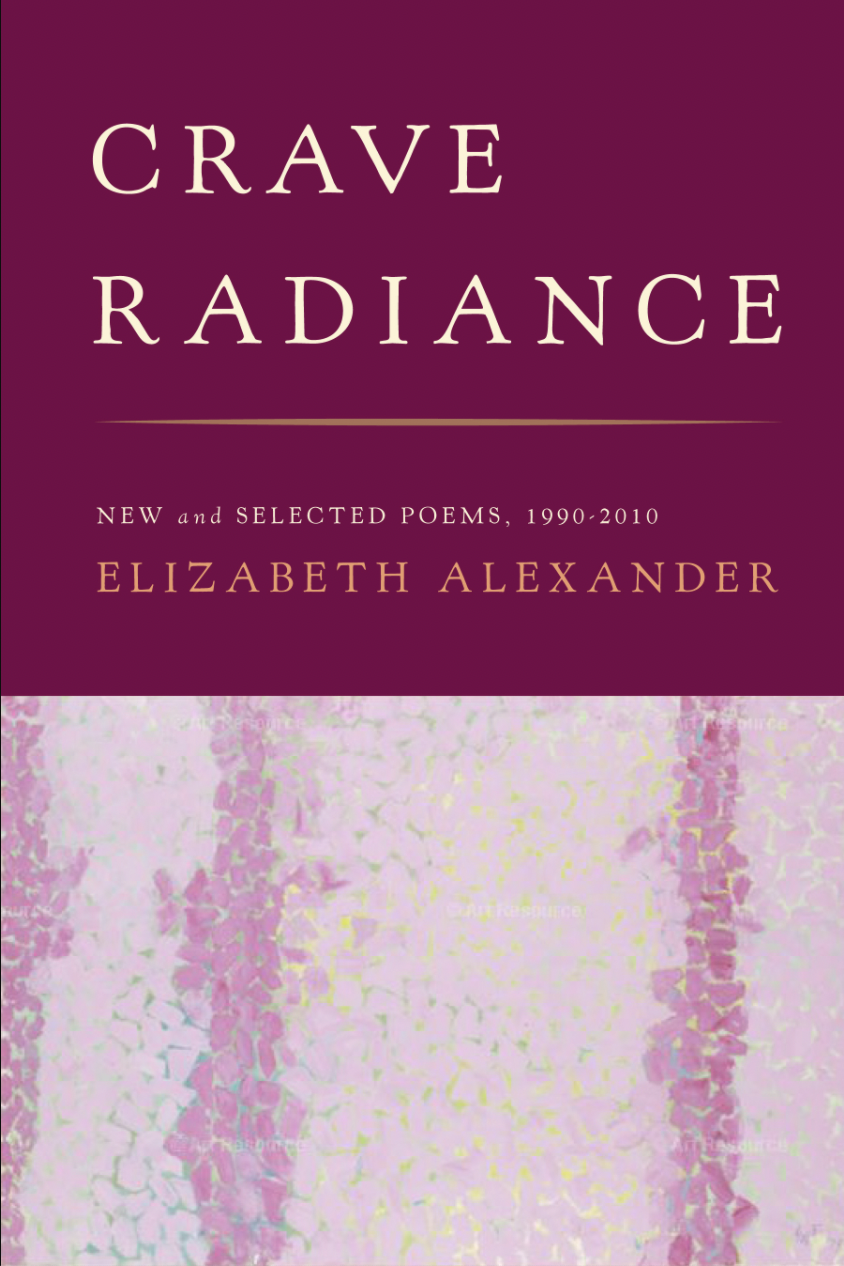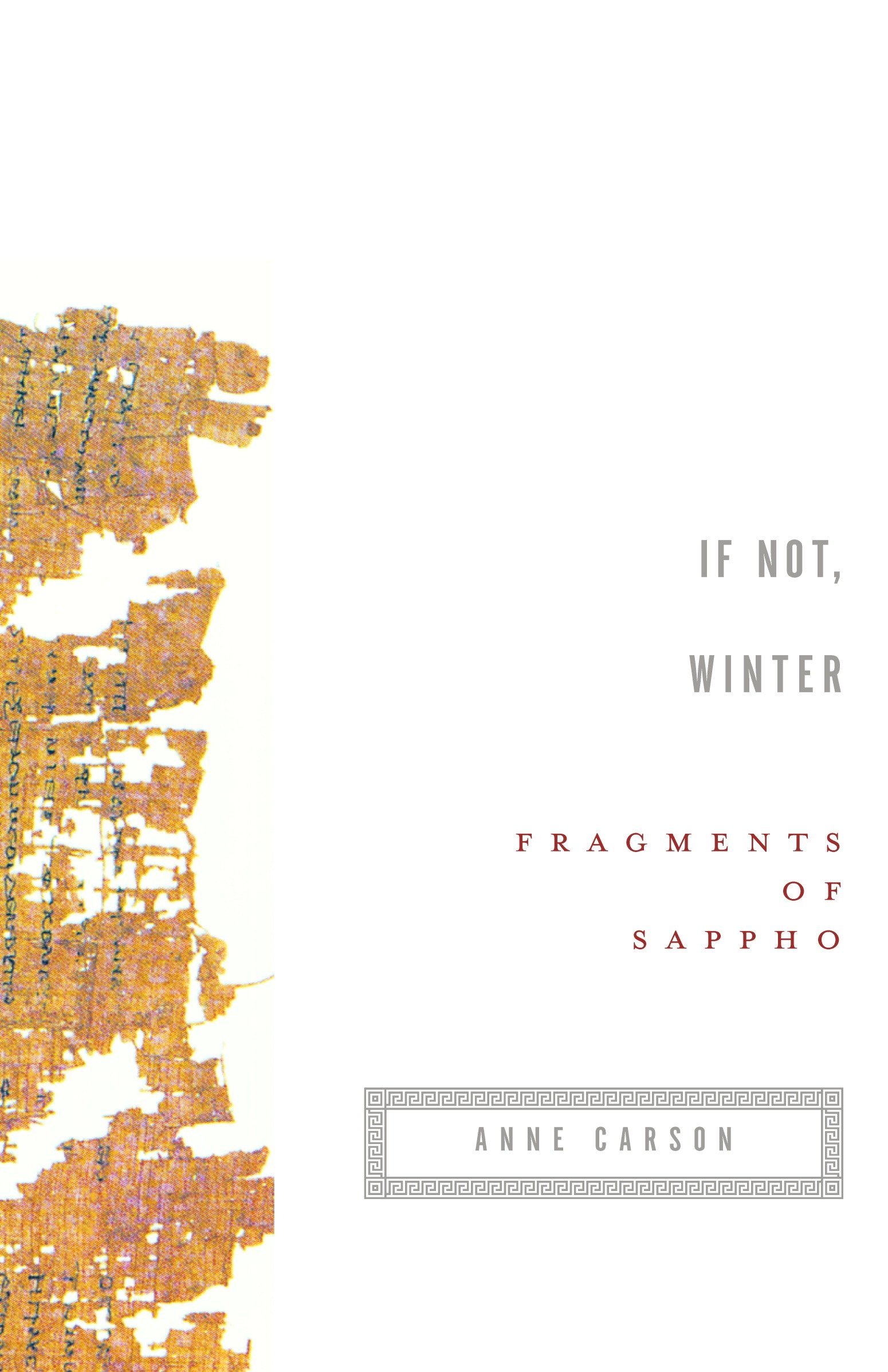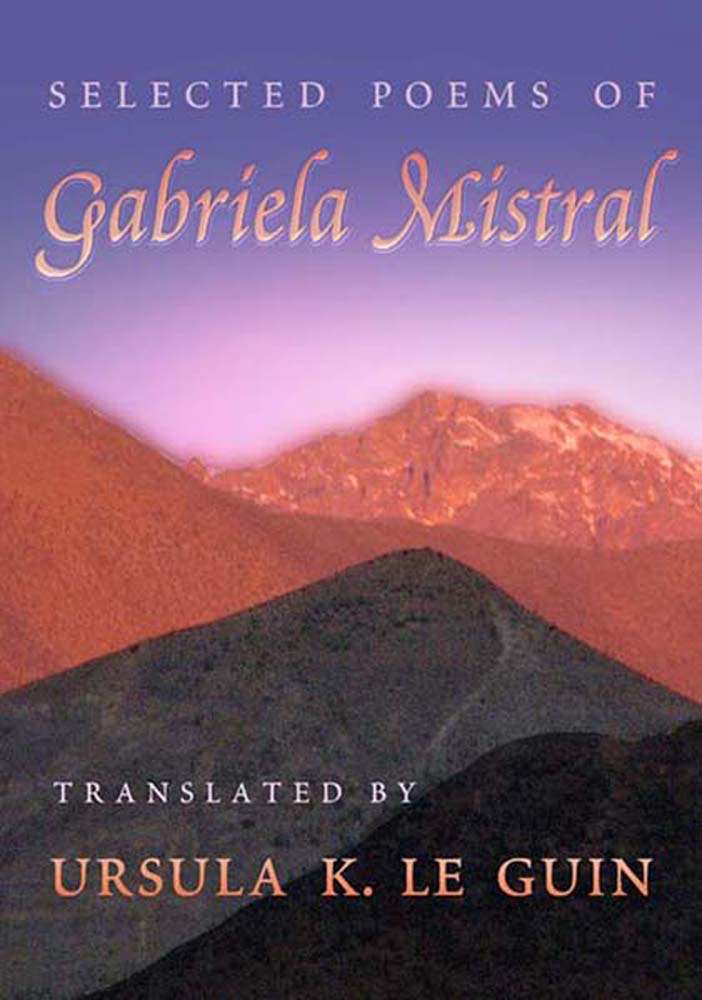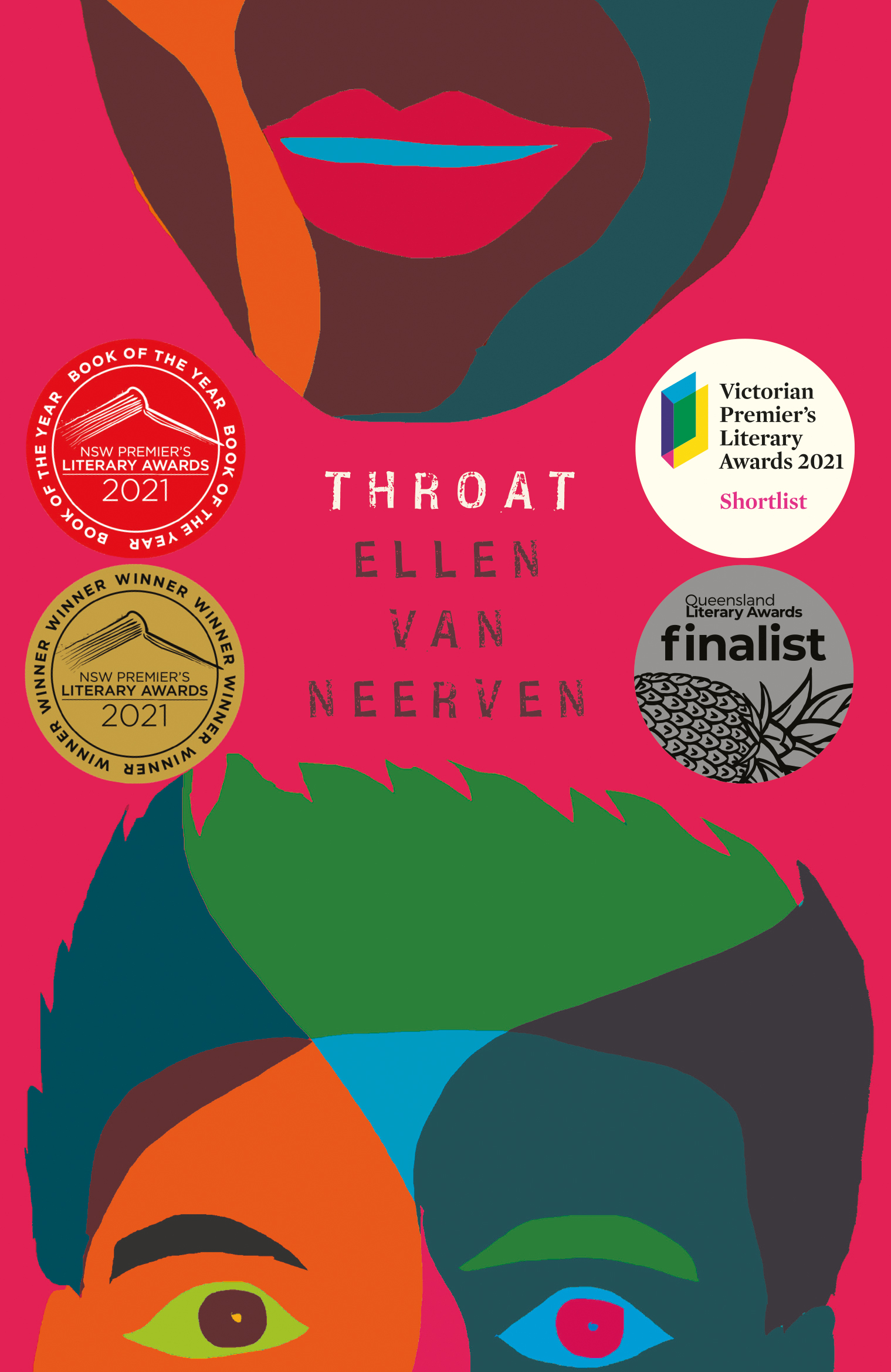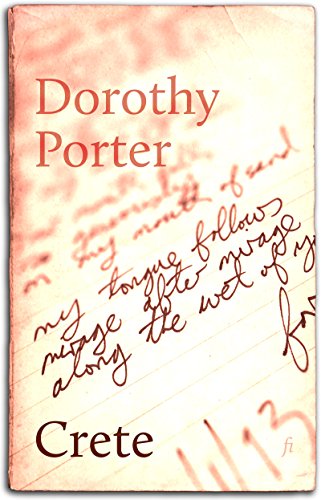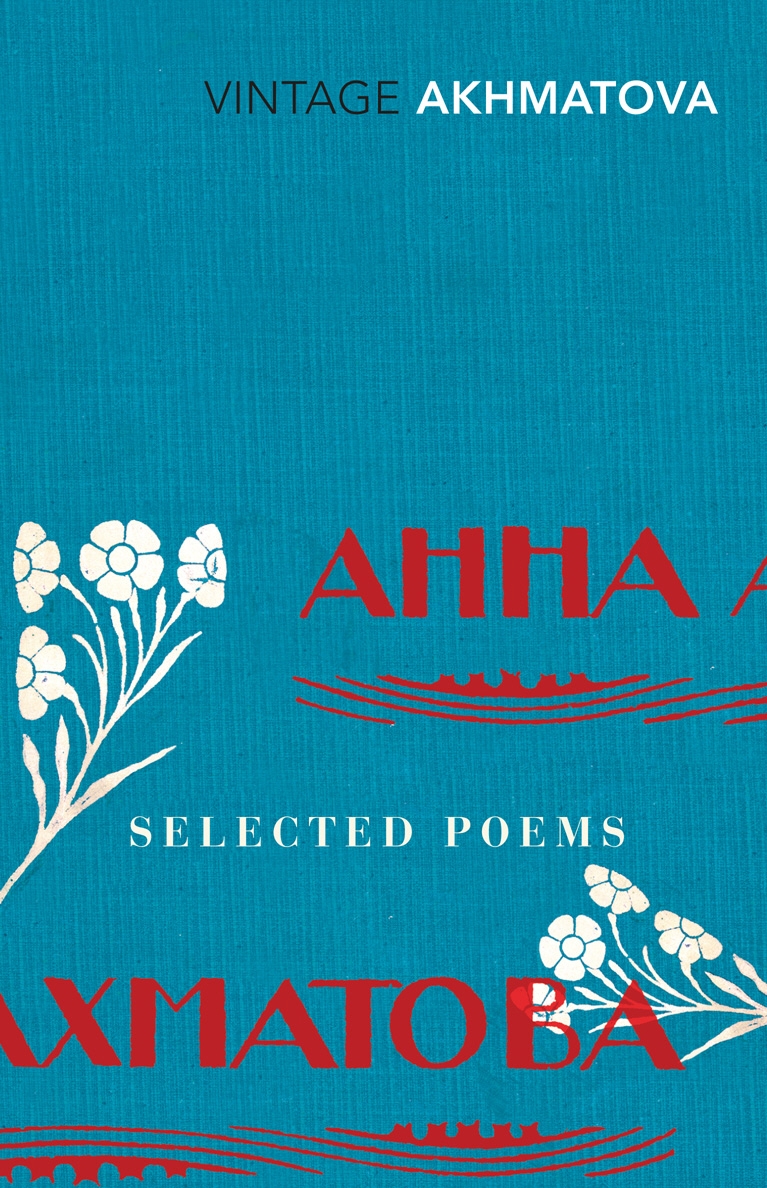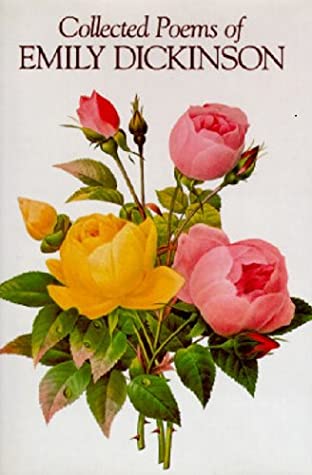Hermina Burns is a co-host of our 2020 poetry podcast Between the Leaves , and an accomplished poet in her own right. Hermina is the author of four poetry collections, Bite of a Bluebottle and Against Separation Creek (2019), and the just published Crossing a Line and Dodging the Relative.
Hermina sees her roles of poet and feminist as intimately intertwined. Here, she shares a collection of poems that invite a reflection on feminism and the many issues women and gender diverse people face.

